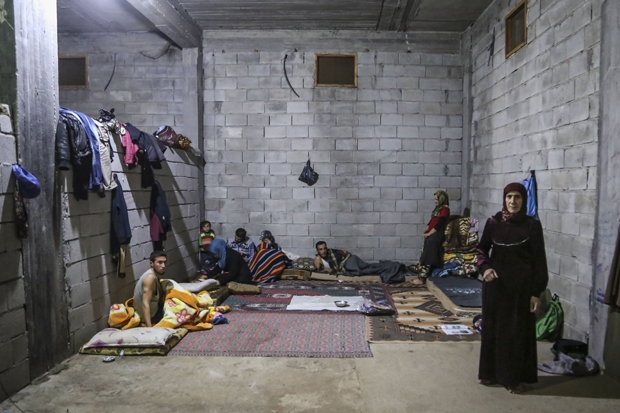Who would have thought in this visually obsessed age of YouTube, selfies and Instagram that radio, pure audio, no images attached, nothing to hold on to but a voice, a tune, a blast of birdsong, could not only survive the arrival of the new image-making and digital technologies but experience an extraordinary flowering of talent and expression. Thousands of radio stations are popping up right across the globe, ready for you to tap into via your smartphone or tablet, taking you straight from SW9 or NE69 to Chicago, Cape Town, Lviv or Marrakech. The quality of the sound produced by these stations is less important than an ability to draw in the listener, to tell a story, create a narrative, to use audio and nothing else to paint images in the mind. Radio might rely on technology for its transmission but its enduring power is not about clever computer-generated tricks (although there’s always room for digital diversion in the sound-effects department). No, radio’s real power is that it takes us right back into a pre-technological world, to a world of storytelling, of discovery through narrative, not in pictures but as an aural experience. We rediscover in radio the kind of world our ancestors knew, where stories were told and information gathered through human connection. It’s this that makes radio so much more potent than TV.
Orwell might have worried about the thought of having a screen in your room, its spying potential, the loss of privacy. But actually radio is far more scary as a mass-media phenomenon (as Goebbels recognised, calling it ‘the eighth great power’) because of the way it enters the mind, words spoken on air worming their way deep into the conscious and subconscious mind and sticking there, refusing to be dislodged. Because you can’t see anything, you have to listen harder and doing that makes you take in much more significantly what’s being said.
Radio, though, has an enormous potential to enhance communication, encourage engagement and create vitally important connections in our globally linked yet fractured world precisely because it can take us right inside an individual life, an experience, a point of view.








Comments
Join the debate for just £1 a month
Be part of the conversation with other Spectator readers by getting your first three months for £3.
UNLOCK ACCESS Just £1 a monthAlready a subscriber? Log in